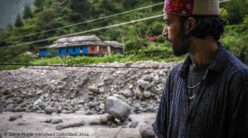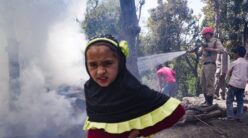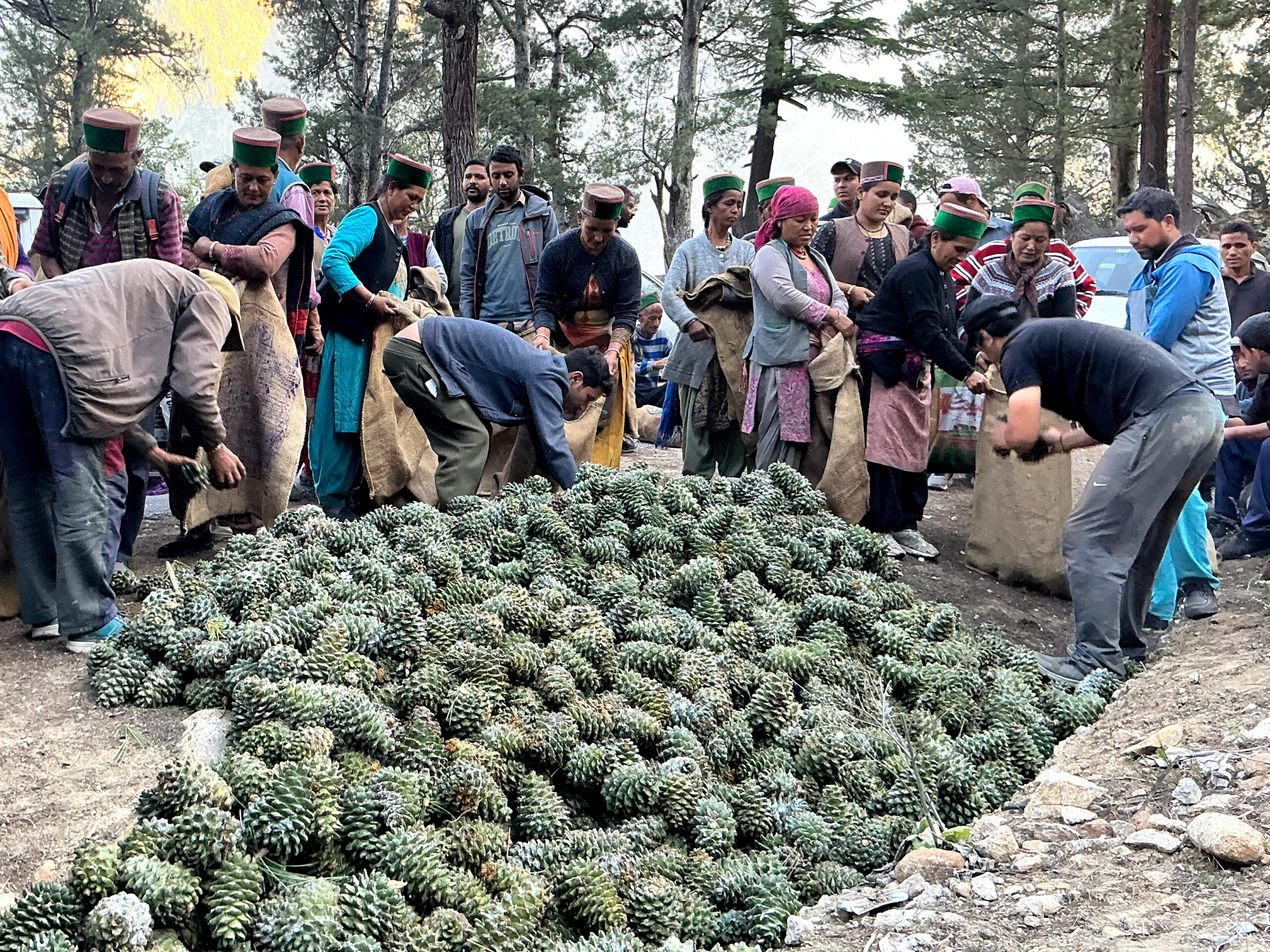To
The Chief Minister
Government of Delhi
India
Copy to:
1.Shri Manish Sisodia,Deputy Chief Minister and Chairperson of Delhi Jal Board
2.Shri Ashish Khaitan,Deputy Chairman of Delhi Dialogue Commission
Subject : Assess sound options for Delhi’s Water supply & review need for destructive projects like Renuka Dam
Dear Shri Arvind Kejriwal
It is with deep concern as well as hope that we approach you in the matter of the Renuka Dam Project proposed to be constructed on Giri River, a tributary of Yamuna, in Sirmour district of Himachal Pradesh. The project is being proposed exclusively for water supply to Delhi. The project envisages building a 148 m high damto impound the Giri River at Dadahu, Renuka tehsil of District Sirmour. This massive dam will have huge displacement, deforestation, and many impacts. Most importantly, the dam has no justification as far Delhi is concerned and in fact Mr Jairam Ramesh as the then environment minister had refused to accord forest clearance to the project. There is also a stay in NGT against the project following shoddy EIA, public hearing violations and protests. After the Uttarakhand disaster of June 2013 in which the Yamuna Valley too was affected, such projects need to be avoided as far as possible.
We feel it is unacceptable that the Himachal Pradesh and the Delhi Governments are allowing the river Giri to be dammed at this massive a social and environmental cost. More importantly, the proposal to build this dam is being blindly pushed without looking at other options to meet the capital’s demand for water.
We urge you to look at the memorandum that was submitted to Shrimati Shiela Dixit on 30th June 2010 (Annexure 1) which highlights the serious issue of demand side management and the problems with the Upper Yamuna Basin agreement. We are most concerned that the issue of Delhi’s water supply problem which is essentially due to inequitable distribution of water and poor management by the Delhi Jal Board is leading to reliance on destructive, unjustifiable and costly option like massive Dams in areas like Himachal and Uttarakhand.
For the Renuka Dam Project, as per the agreement between Delhi Jal Board and Himachal government – Himachal was to bear only 10% of the total project cost. The cost of the project is now more than 3 times (over Rs 4000 crores) of what it was when the conditional techno-economic clearance was granted by the Central Water Commission a decade ago. The Environment clearance for the Renuka Dam project is challenged at the National Green Tribunal and there is a stay on the construction. The Forest Clearance for the 775 hectares of Forest Land which involves the clearing of close to 13 lakh trees is likely to be granted soon, though the reasons why the Forest Clearance was rejected by the then Environment Minister Jairam Ramesh remains valid today. The Forest Clearance for the project was rejected twice before by the Ministry of Environment considering the extent of deforestation involved. More than 1200 hectares of prime agriculture land is going to be submerged and at least 1000 families in 37 villages going to be affected as a result of this project. Downstream impacts have not even been properly assessed.
All the issues raised in the memorandum have also been raised with the Delhi Jal Board, Central Water Commission, Ministry of Water Resources and Ministry of Environment and Forests vide memorandum dated 6th May 2009 (annexure 2), followed by many other representations. Subsequently in July 2009, we had a meeting with Shrimati Shiela Dixit to appraise her of our concerns regarding the Renuka Project. Again, we followed up with the 30th June 2010 memorandum. However, we have received no response in the matter so far from the Delhi Government. In fact, the current government at the centre, especially the PMO, has promised to fast track this project. We are now once again writing to you to discuss the following issues with Delhi State government:
1.Assess the options that Delhi has in terms of reducing losses, efficient water management, rainwater harvesting, treatment and reuse of the sewage water, equitable distribution and demand side management, thorough revamping of water governance in Delhi to making more democratic, accountable and sustainable. The way out for Delhi govt is to institute a credible independent review if Delhi needs any more water (than what Delhi currently gets) from external sources.[1] To begin with such a review can focus if Delhi needs water from Renuka dam.
2.Consider the social and environmental costs involved in constructing the project which proposes to provide Delhi with 23 cumecs of water annually. We would like your office to peruse the serious objections regarding this project which are adequately documented in the enclosed report titled “Dispossessing Mountain Communities: Who will Pay for Delhi’s water?” (Annexure 3)
3.Review the Upper Yamuna Basin Agreement which involves the construction of 3 dams – including Renuka, Kishau and Lakhwar Vyasi –each of them will be disastrous for the ecology and communities residing in the Yamuna river basin, the cumulative impacts have not even been assessed. Consider that the project has been mired in controversy and conflict over the last two decades and is to be a likely source of conflict between the states that have signed the Upper Yamuna Basin MoU in 1995 – which is anyway outdated and needs a thorough revision. The projects will completely and permanently destroy the Yamuna River and the river basin.
We appeal to your government to undertake a detailed review of this project and the agreement with Himachal Government with regards to Renuka Dam. We also appeal that the Delhi government as a signatory of the Upper Yamuna Basin Agreement 1994, would review the terms of the agreement in the current context.
We hope and believe that your government has the vision and the capability to explore other, more reasonable alternatives to meet Delhi’s justifiable water supply needs.
[1] Else Delhi could go down the Sao Paolo way. Sao Paolo is Brazil’s largest and wealthiest city. Sao Paolo, in Amazon basin in Brazil is today in such a bad situation that people are not even getting on daily basis and there is fear that in coming days and months the situation would get much worse (http://www.nytimes.com/2015/02/17/world/americas/drought-pushes-sao-paulo-brazil-toward-water-crisis.html?_r=0).






